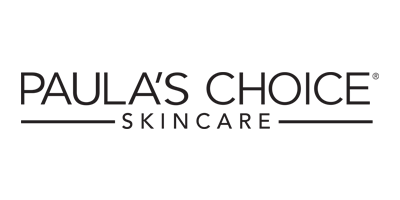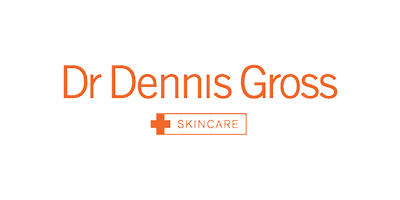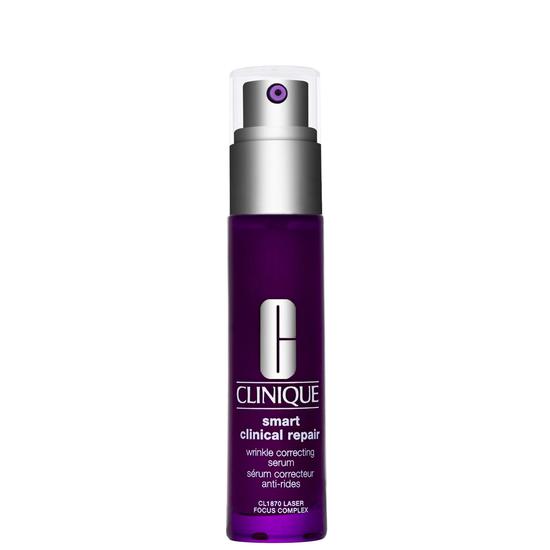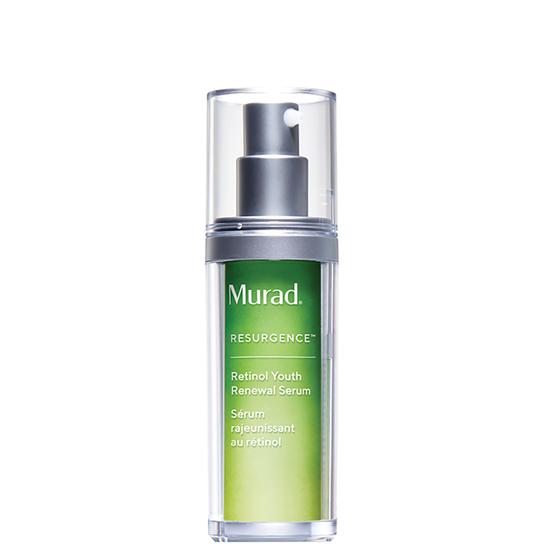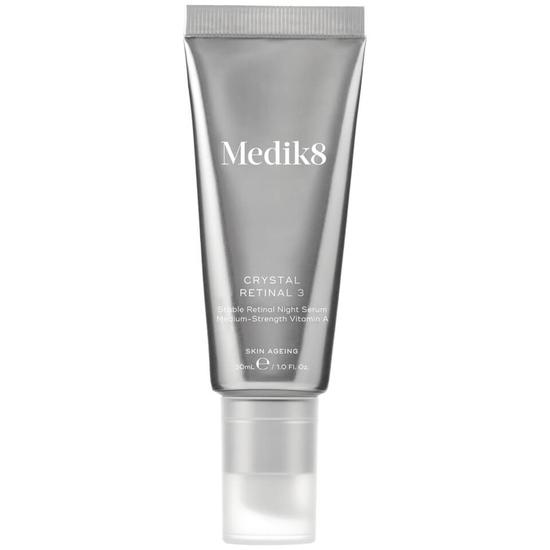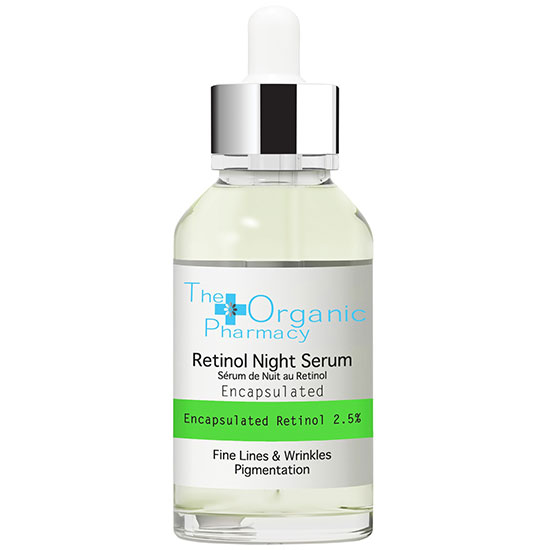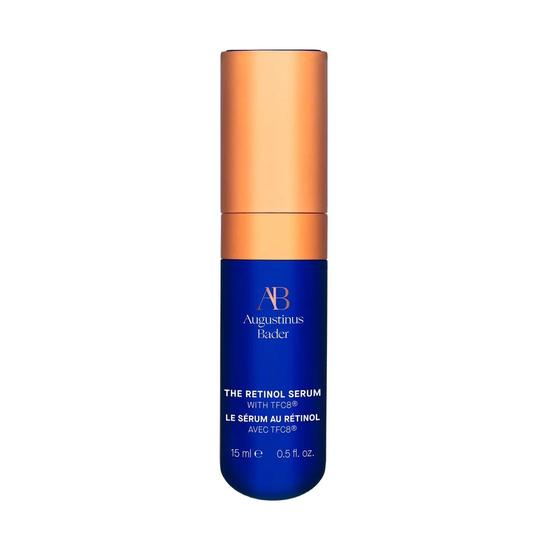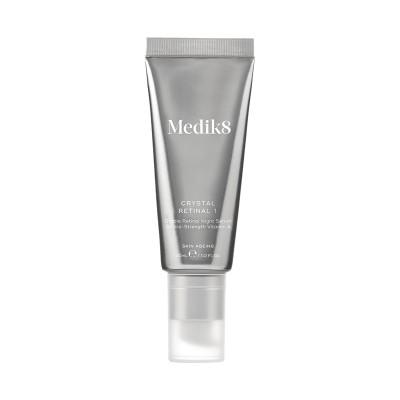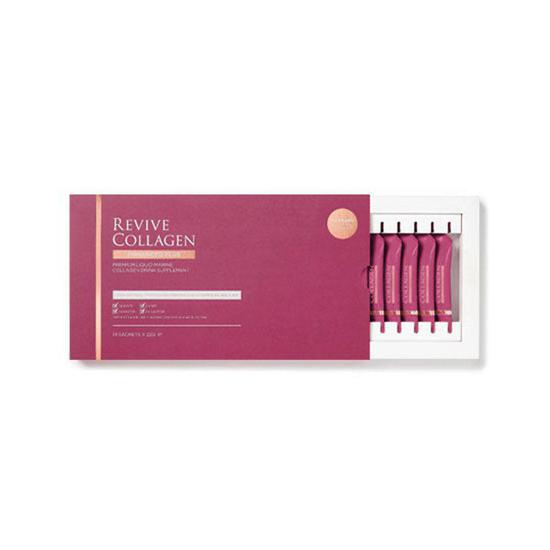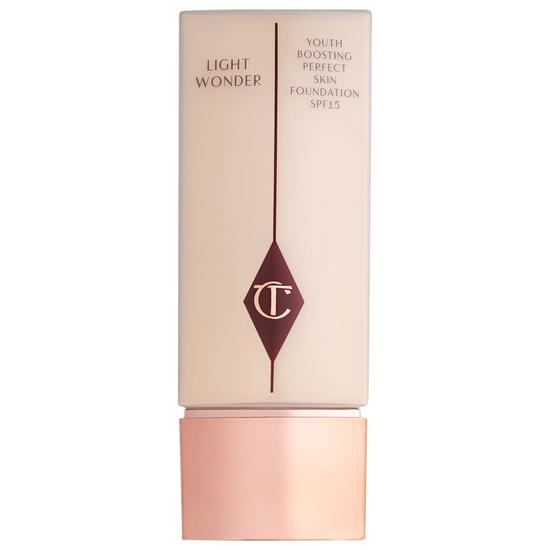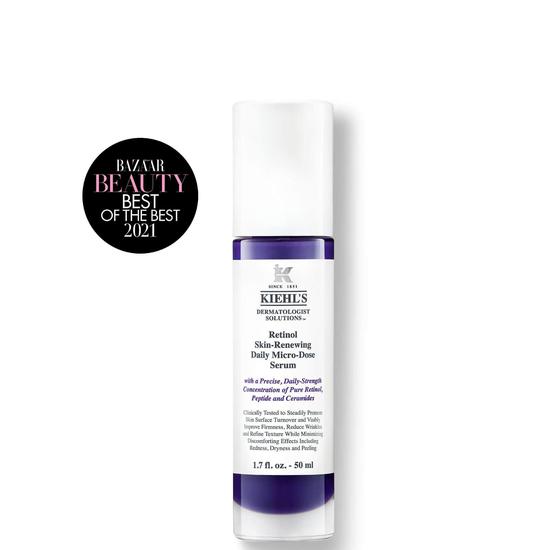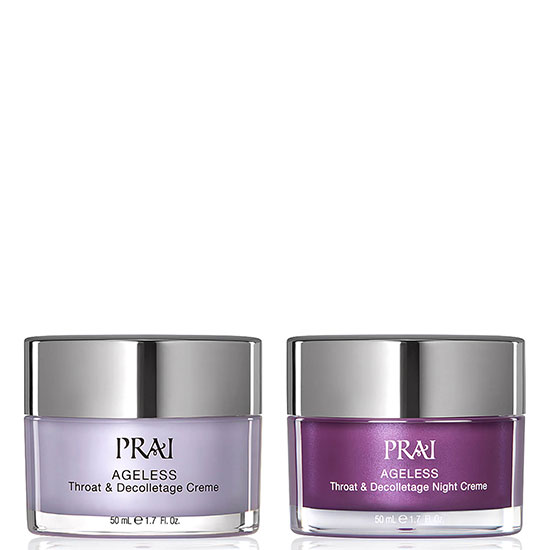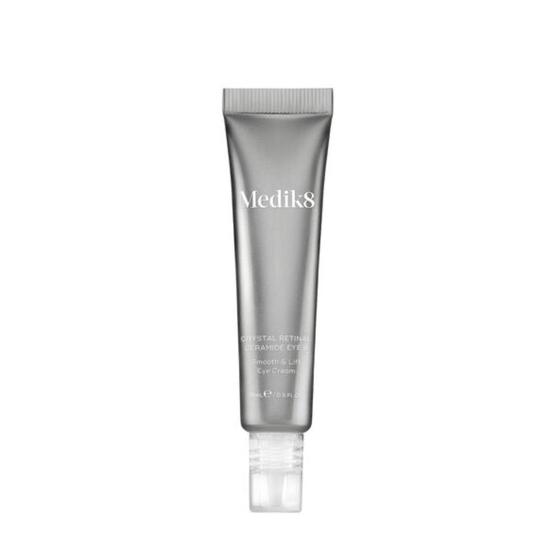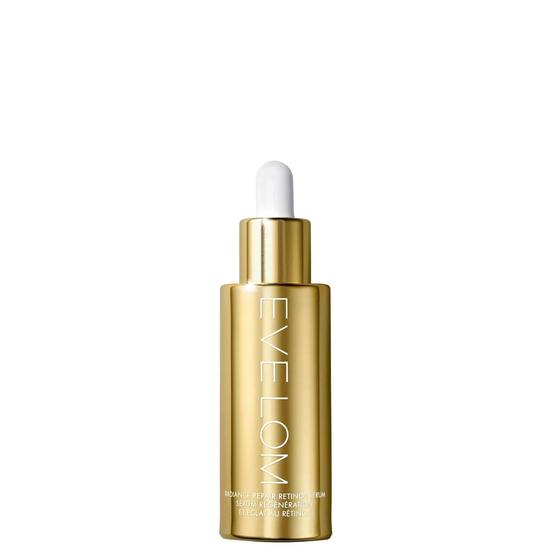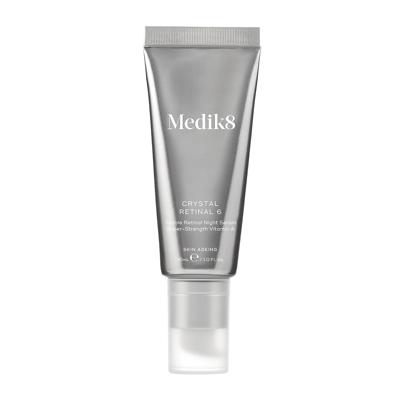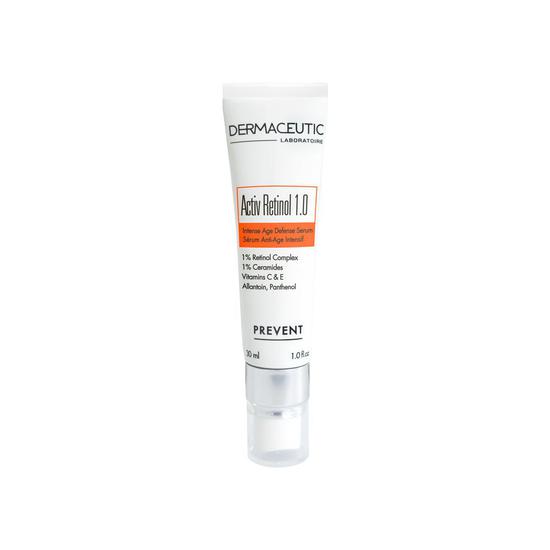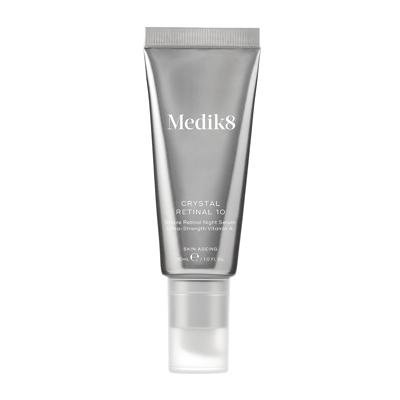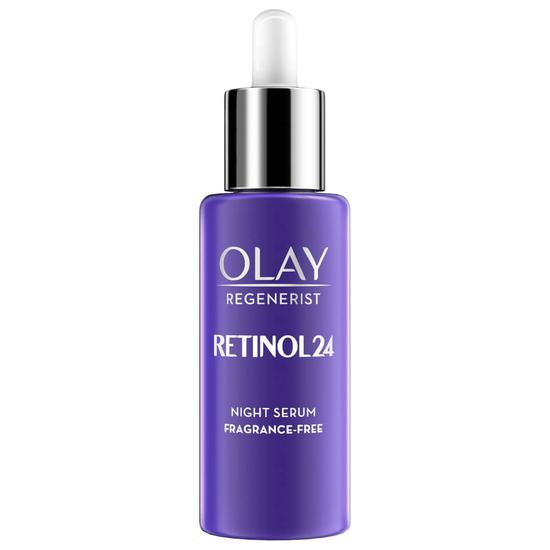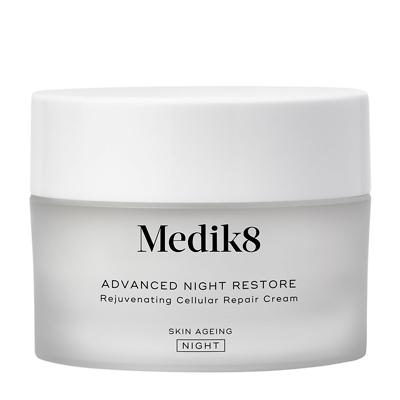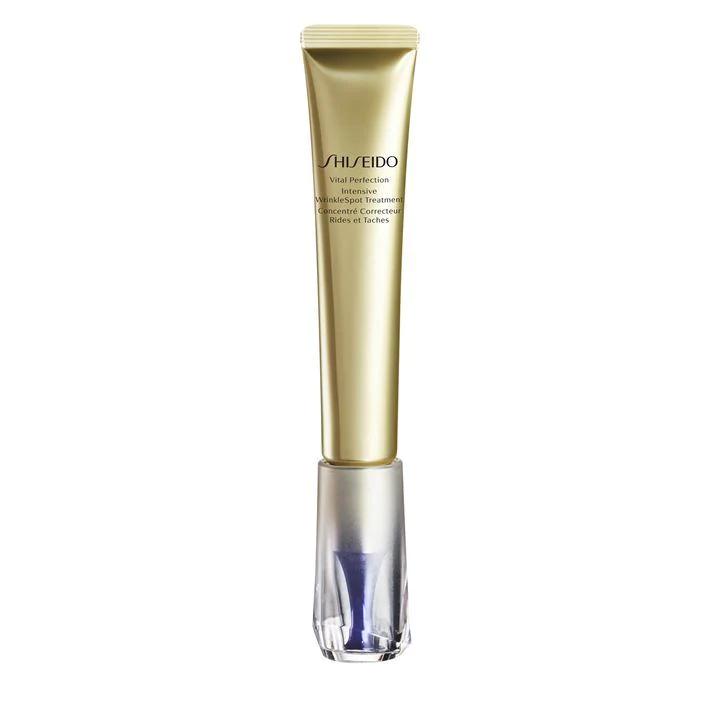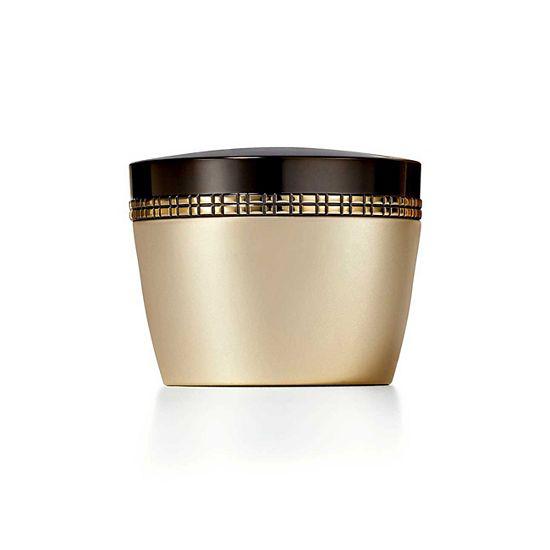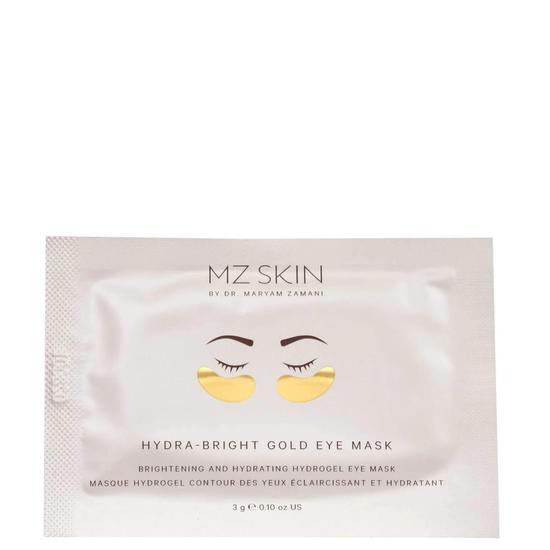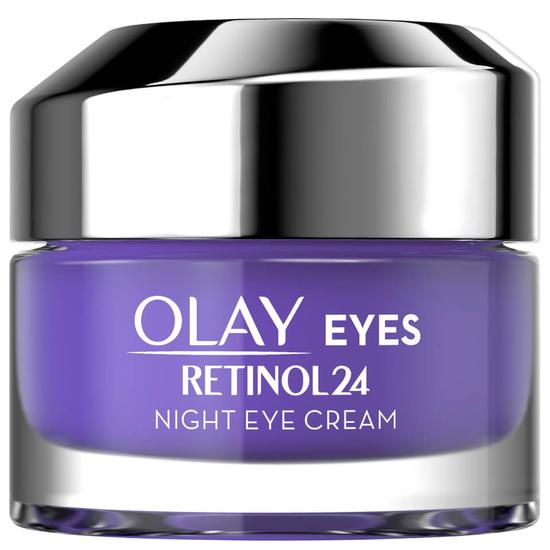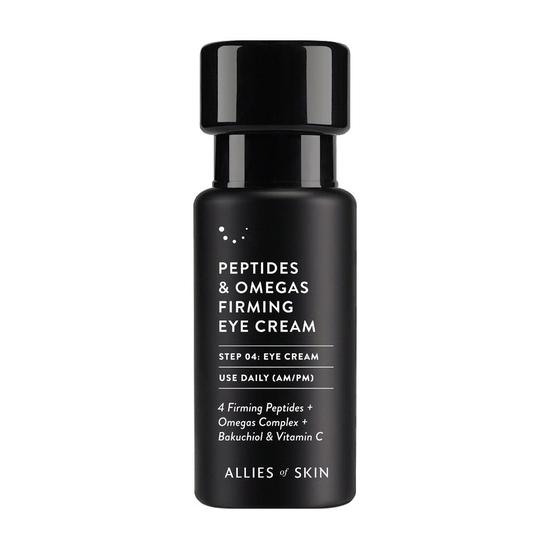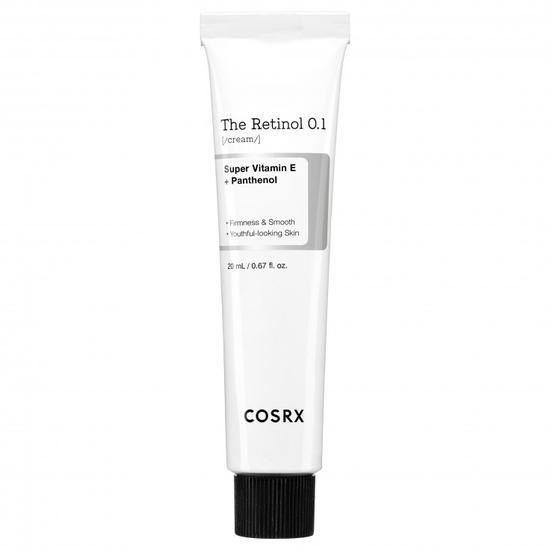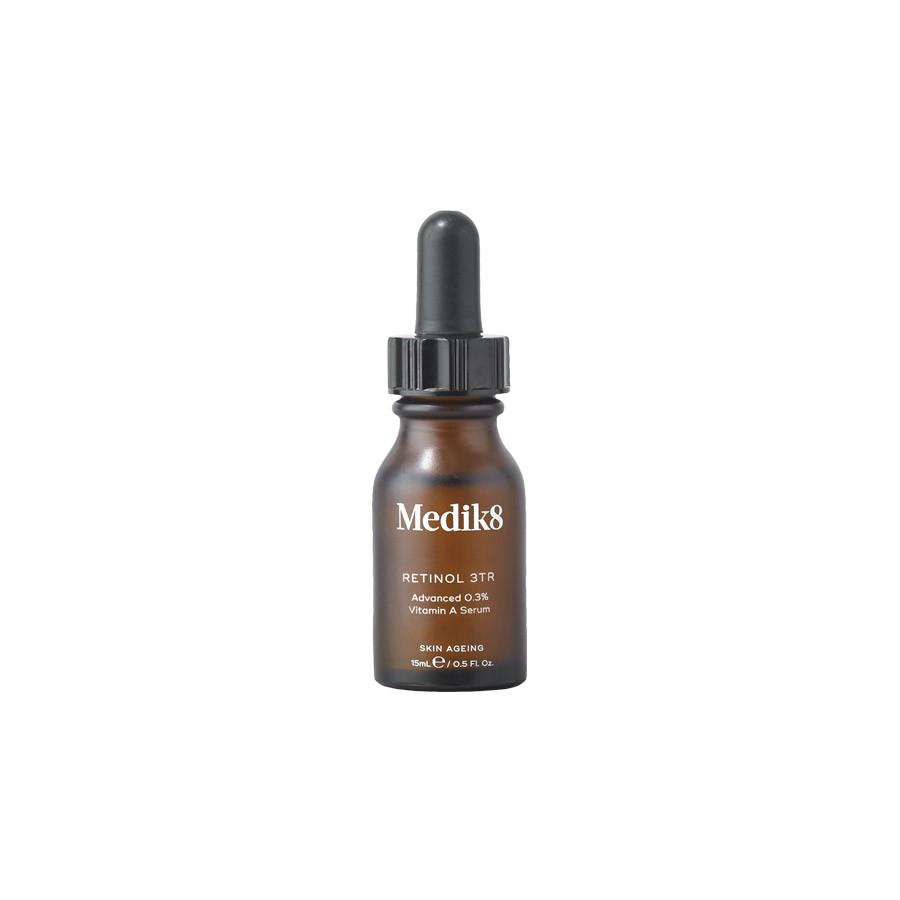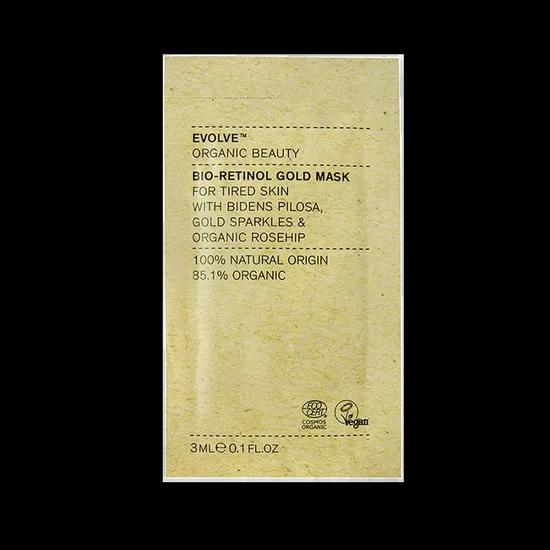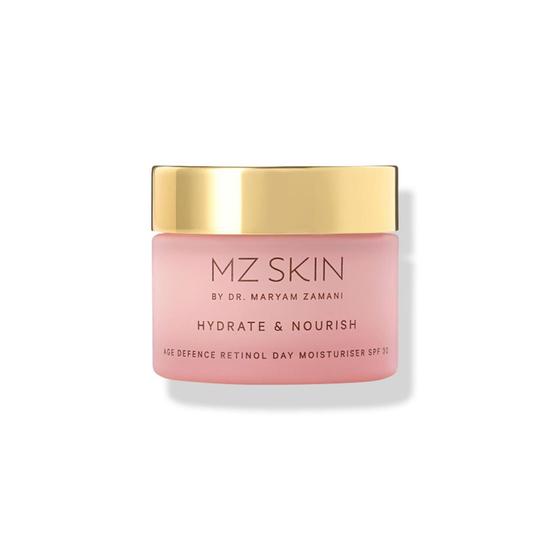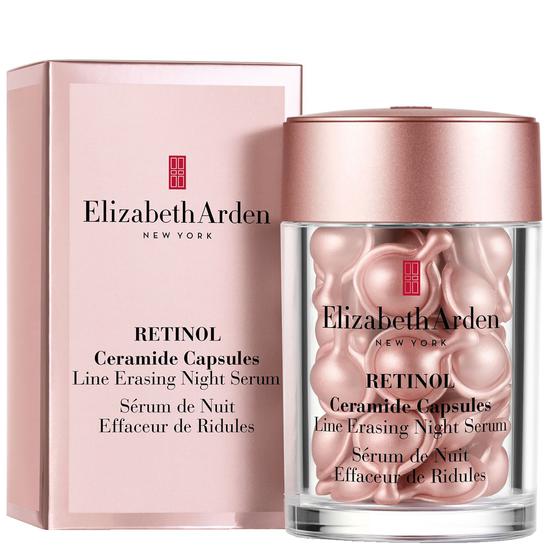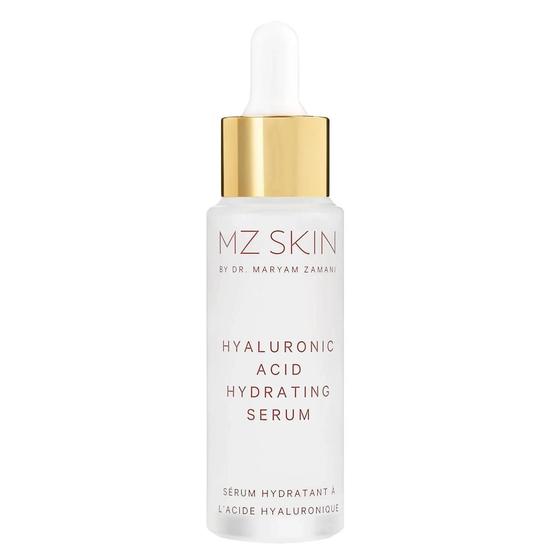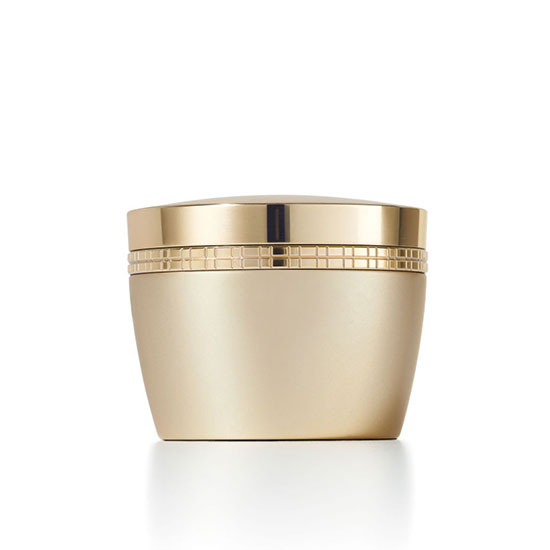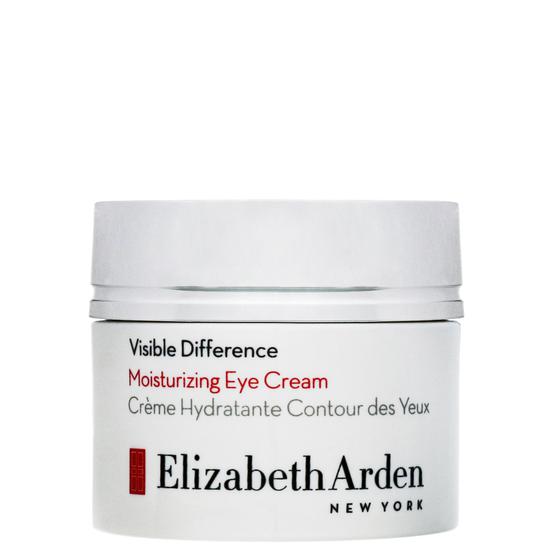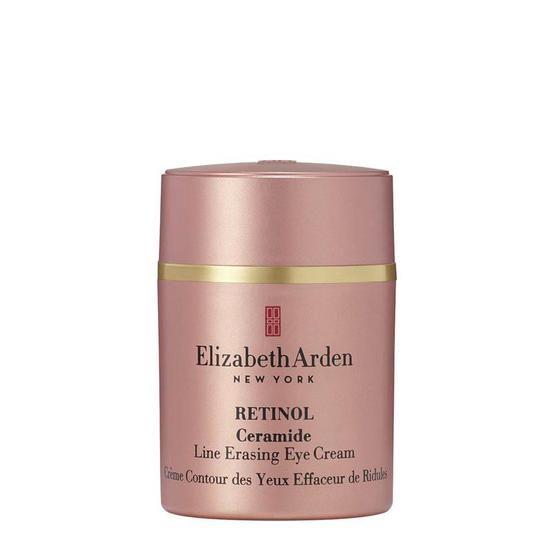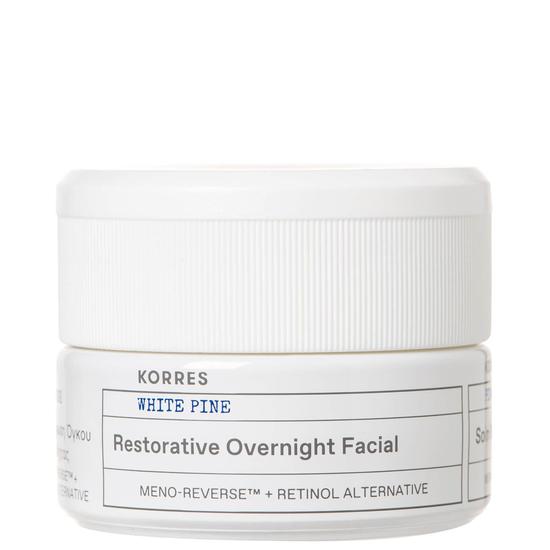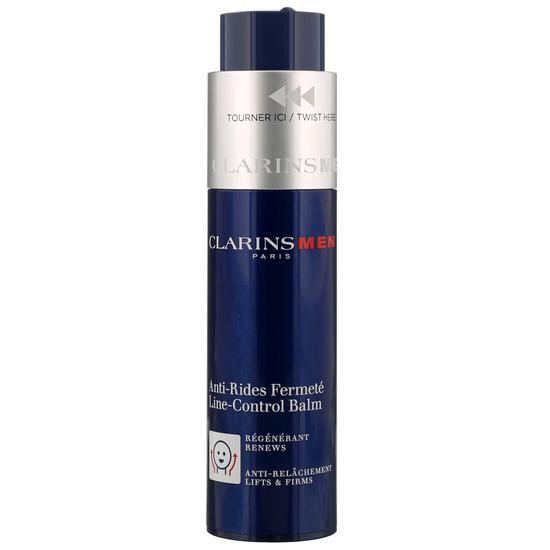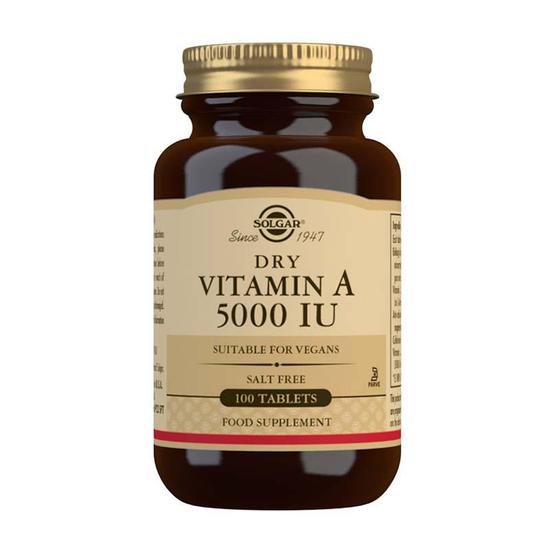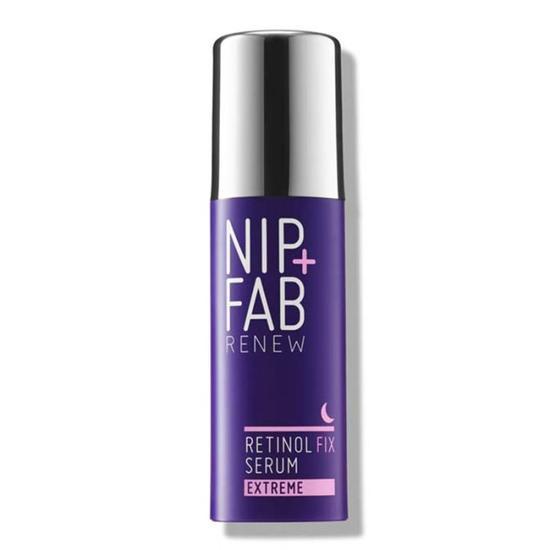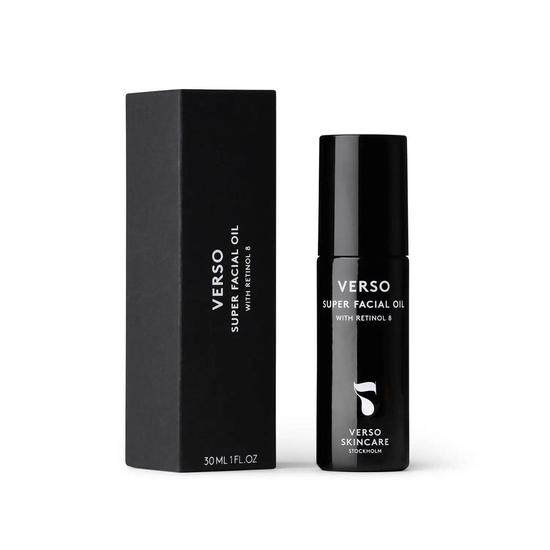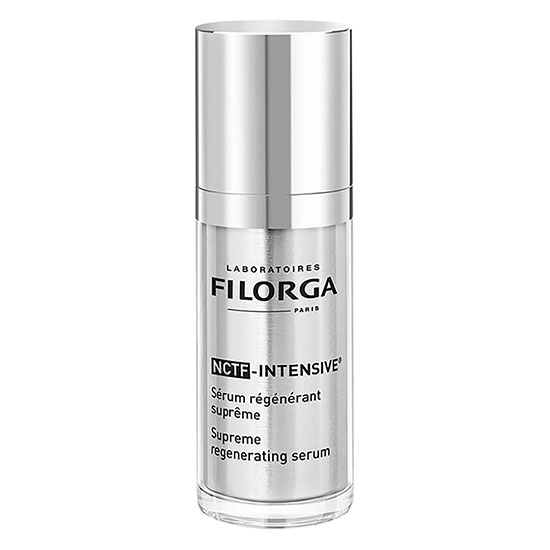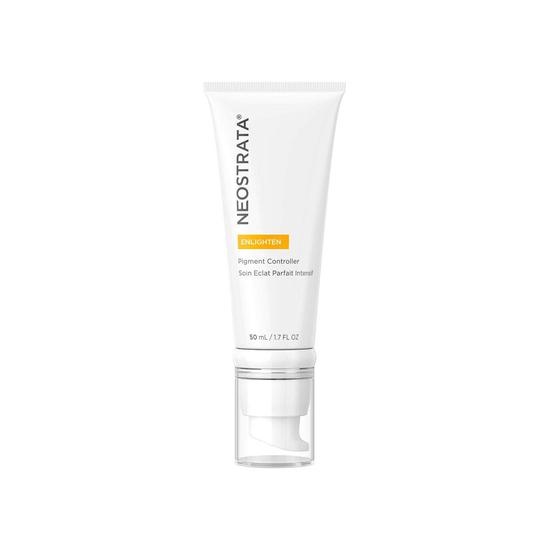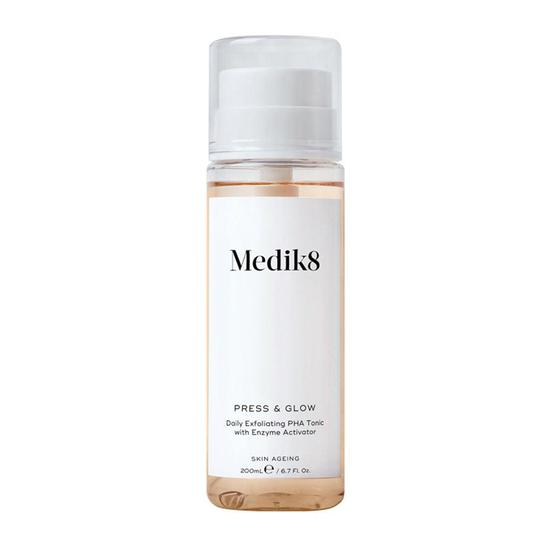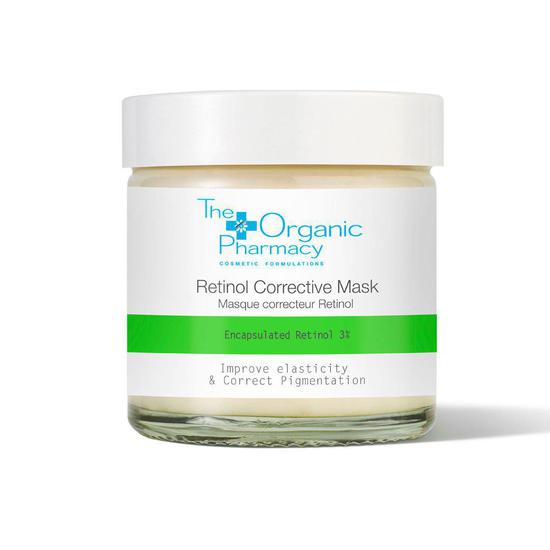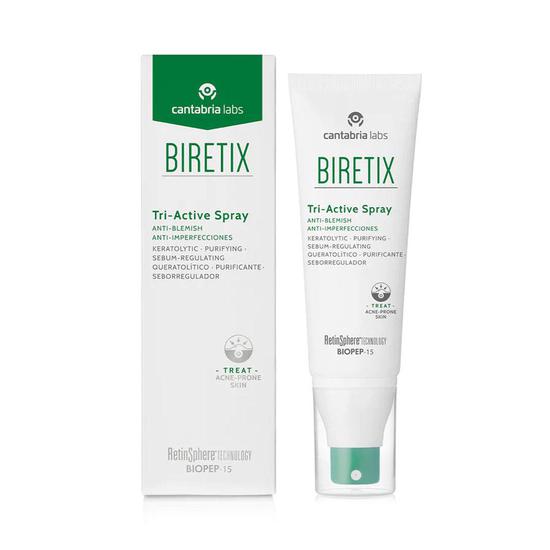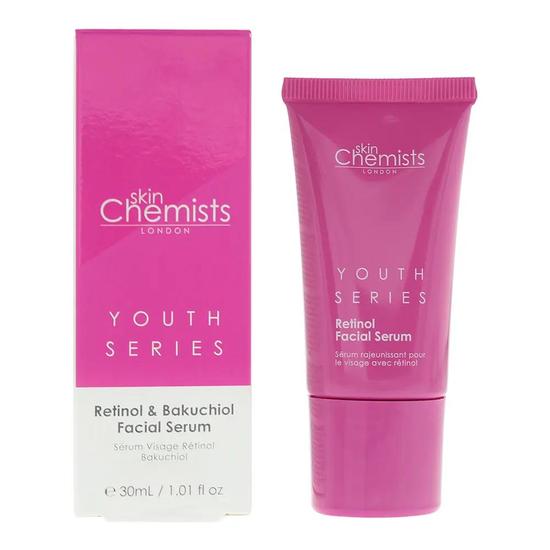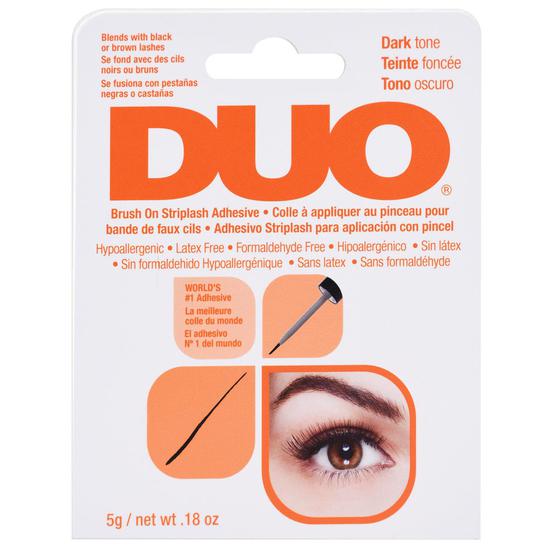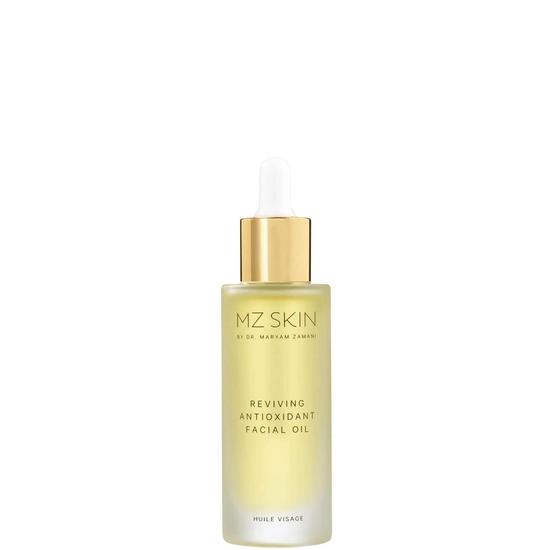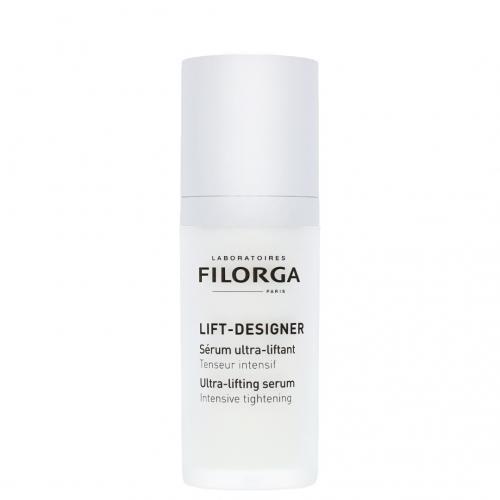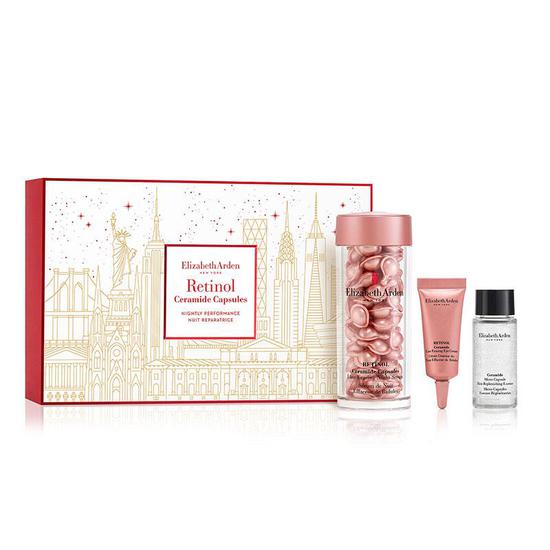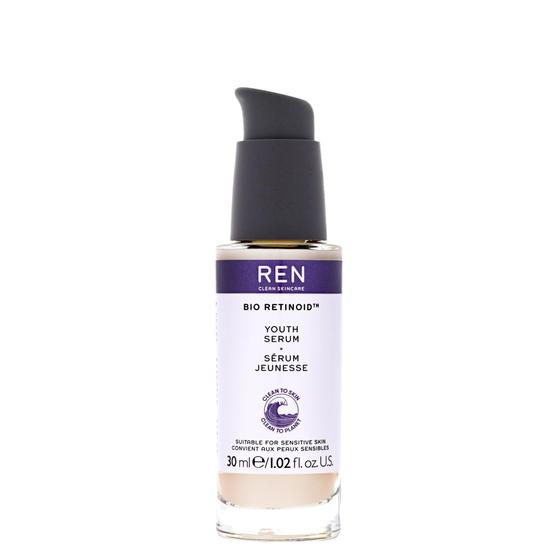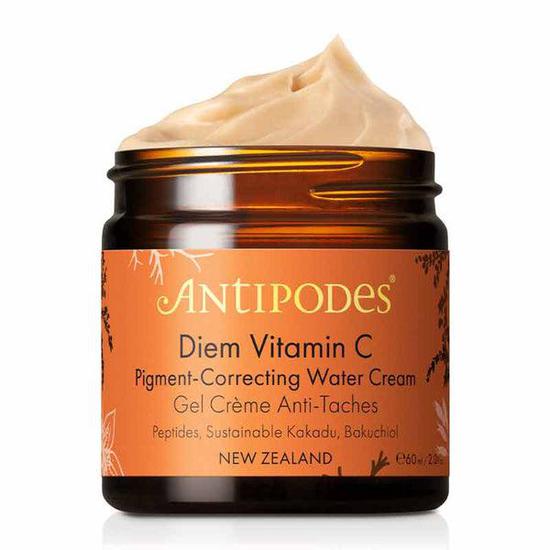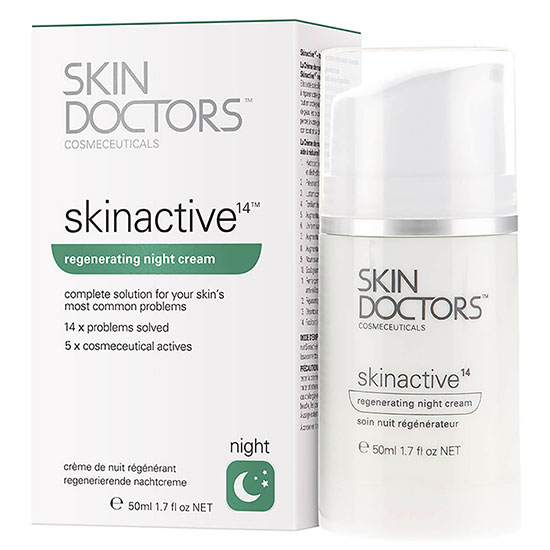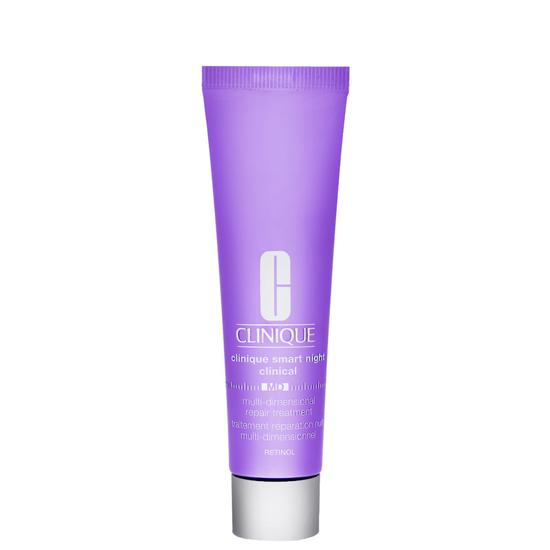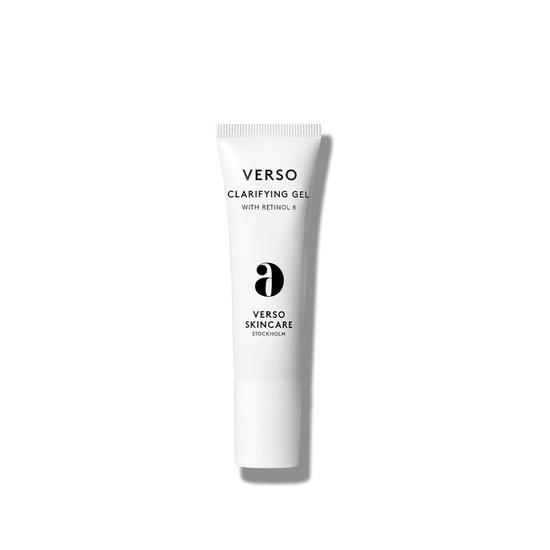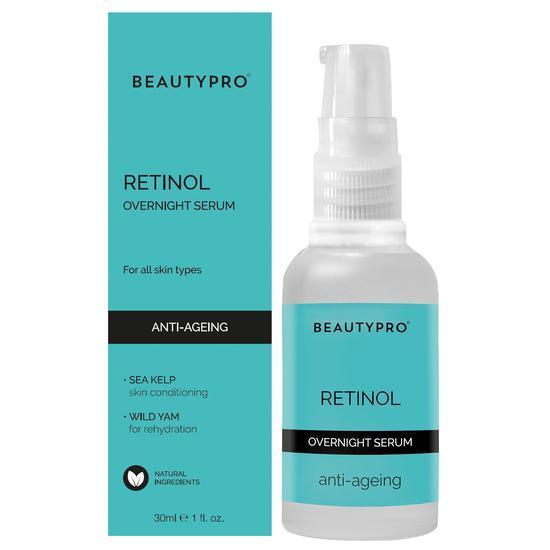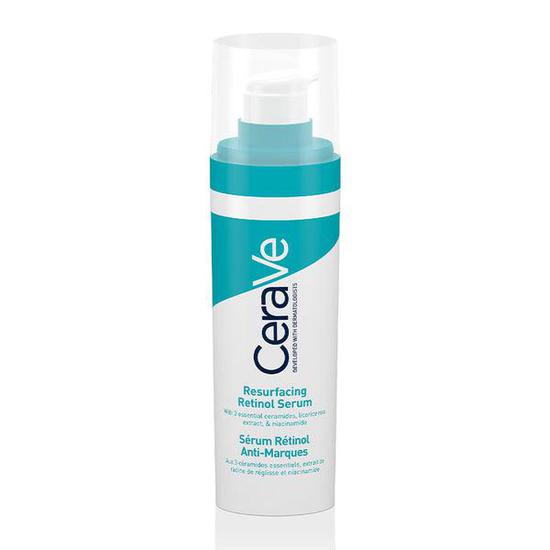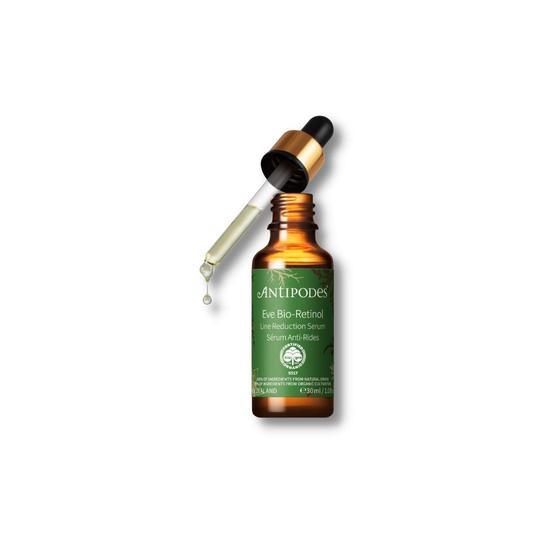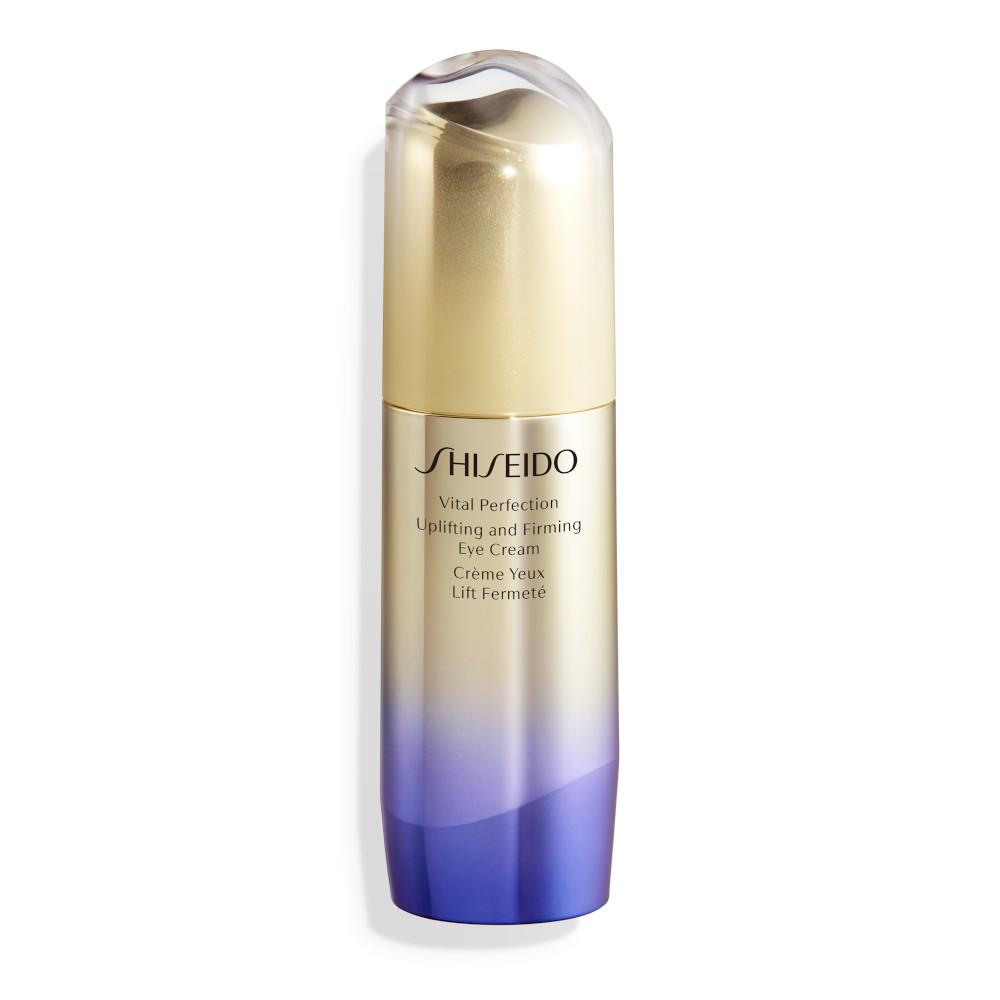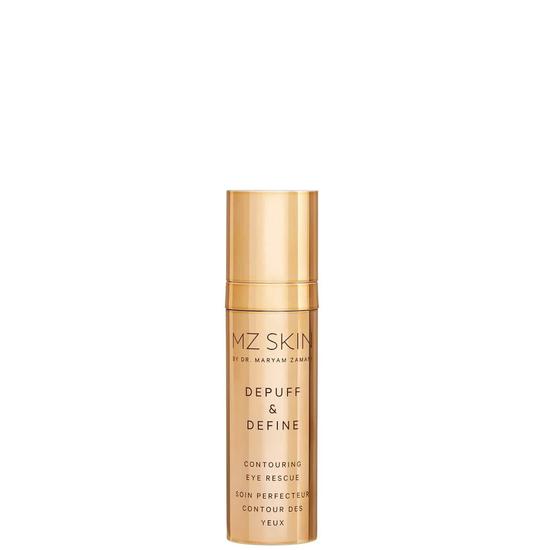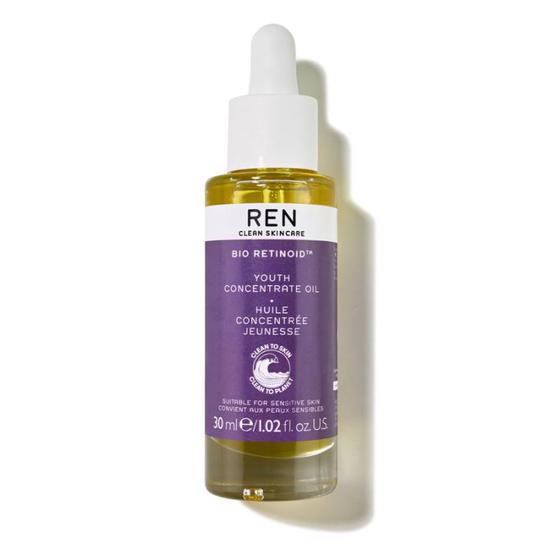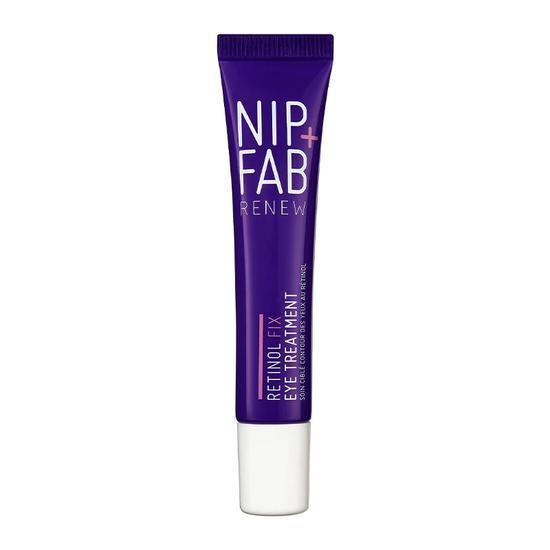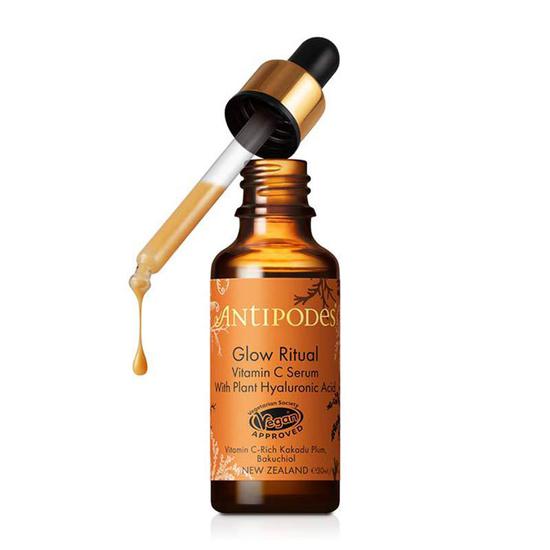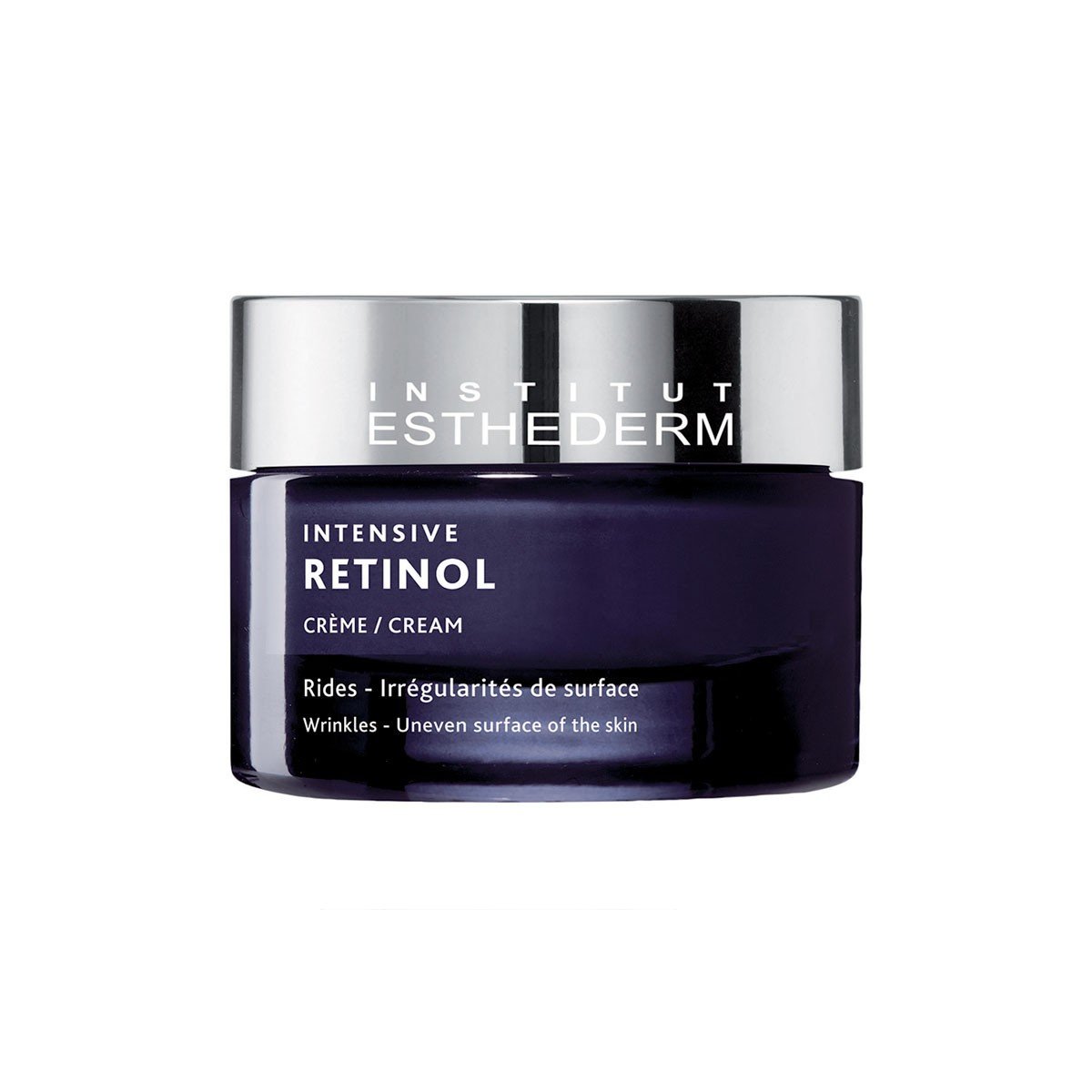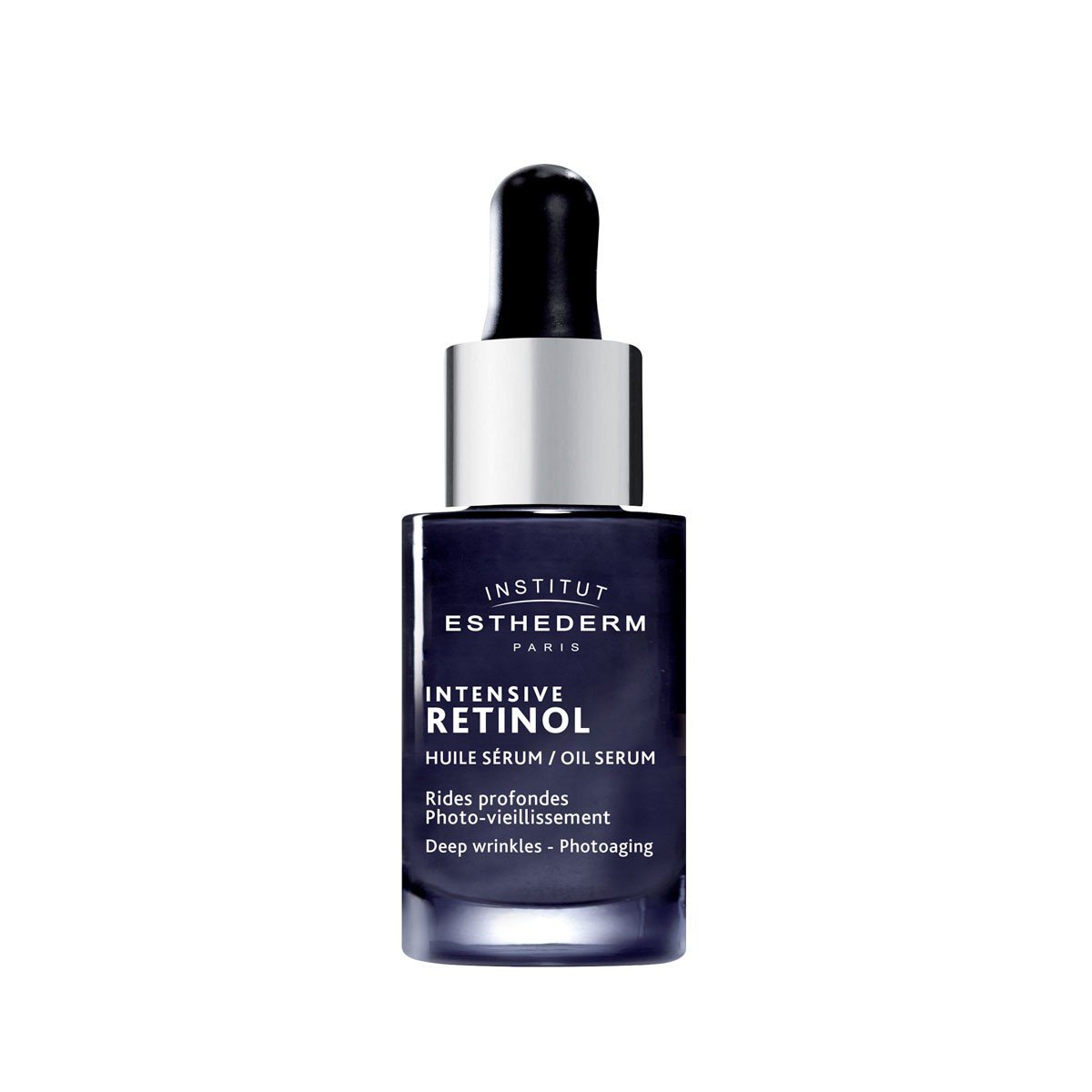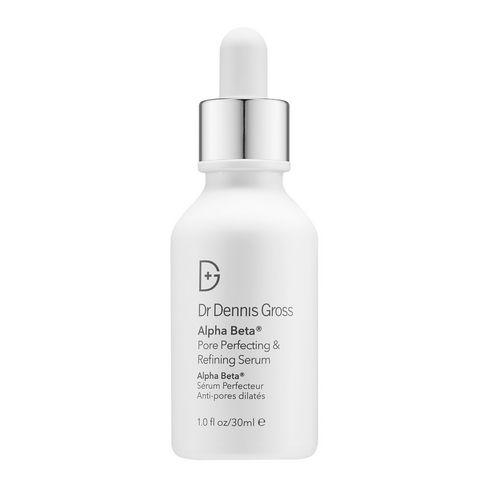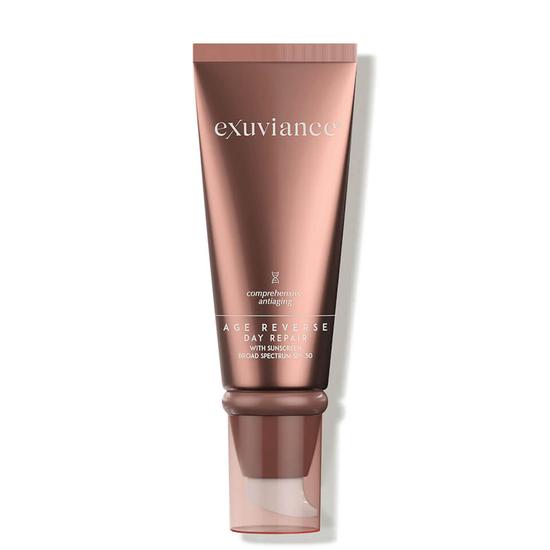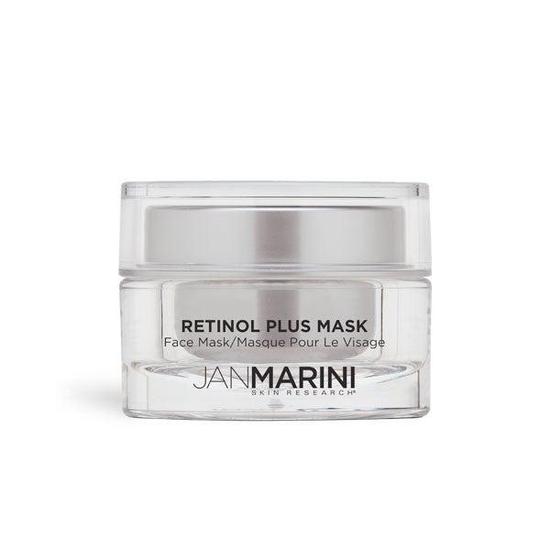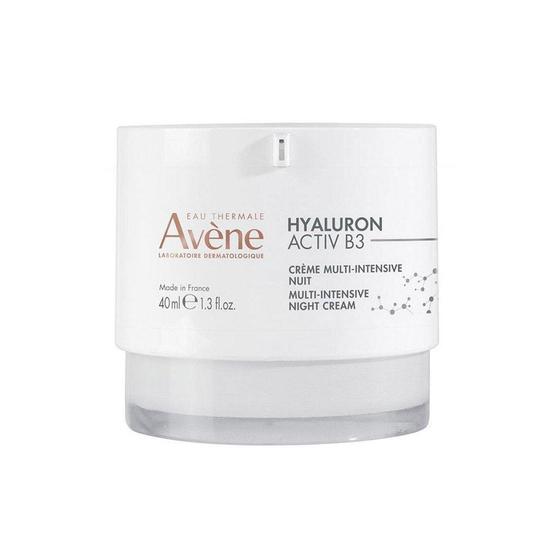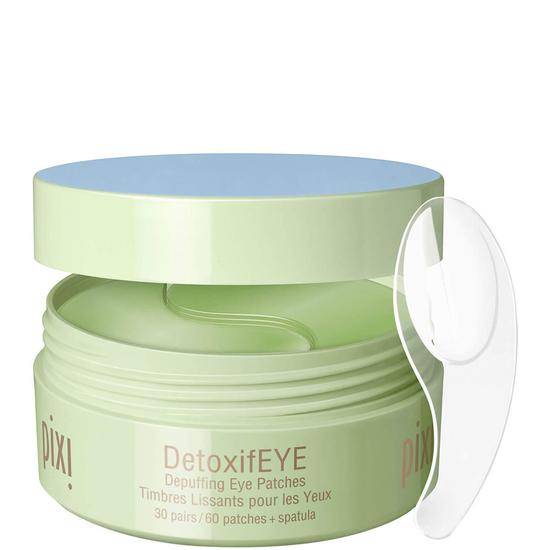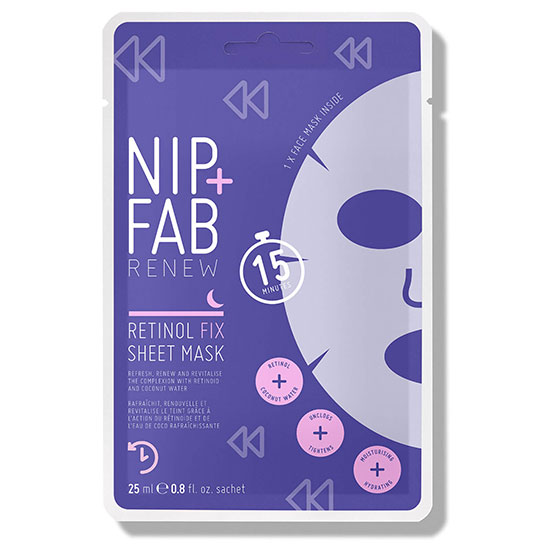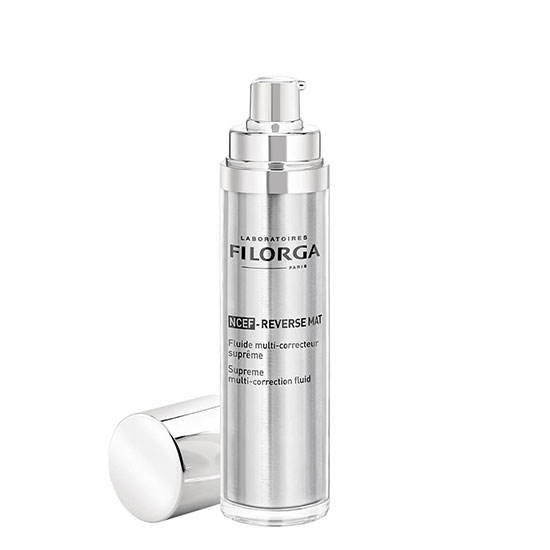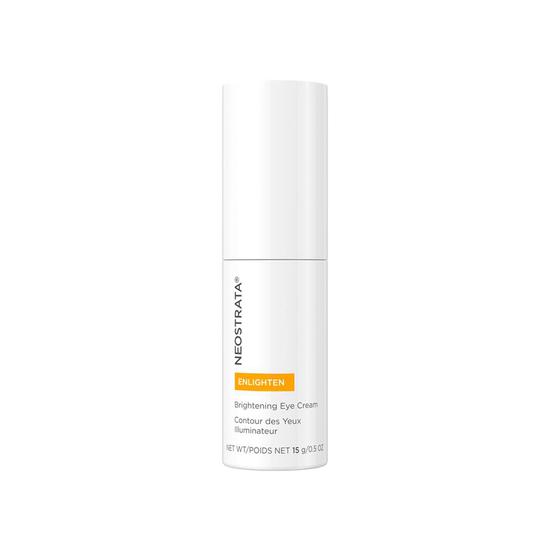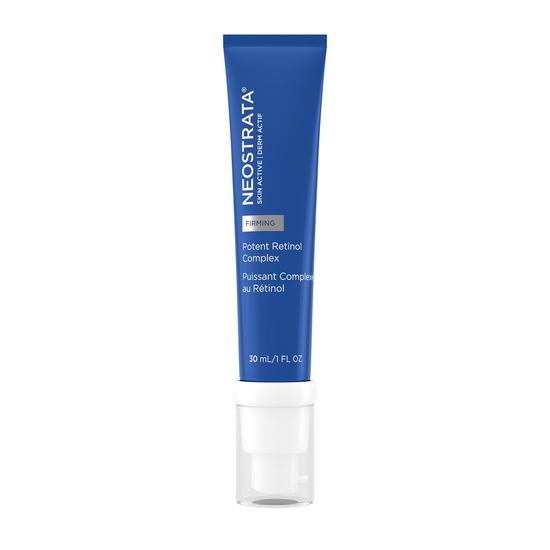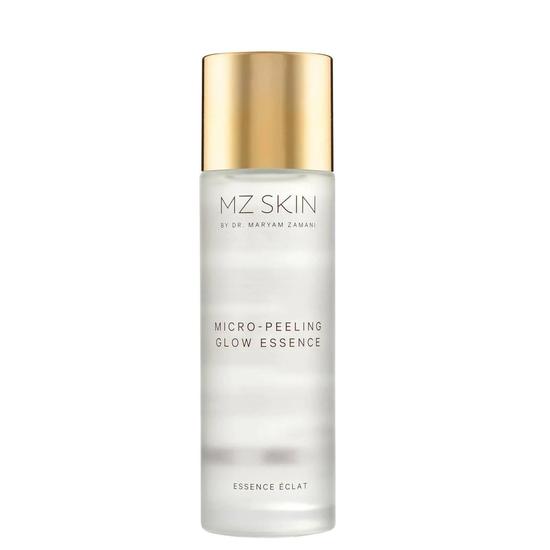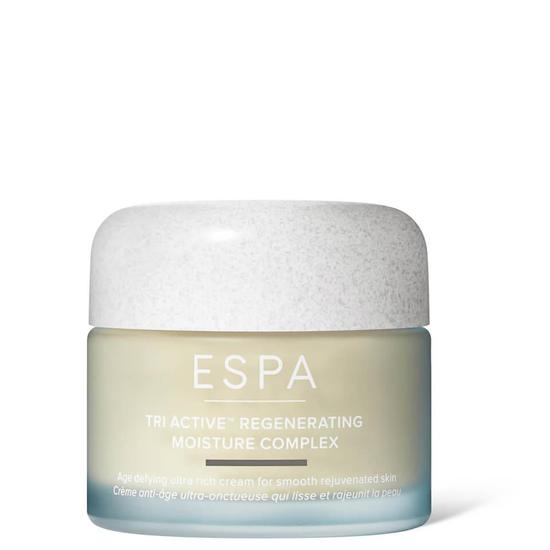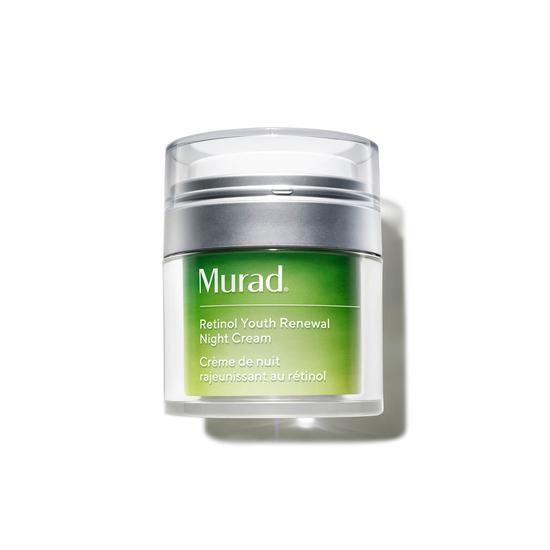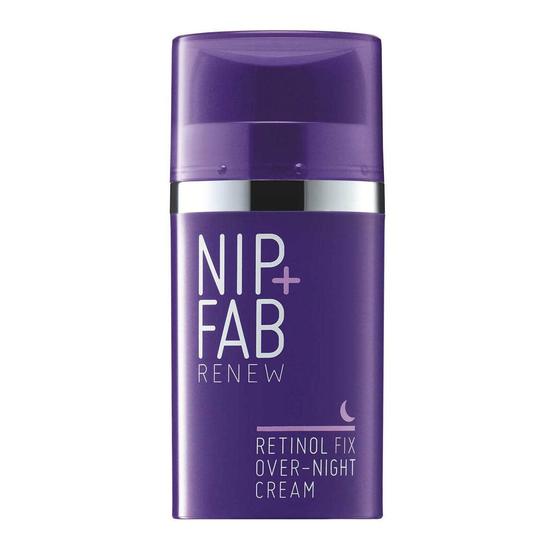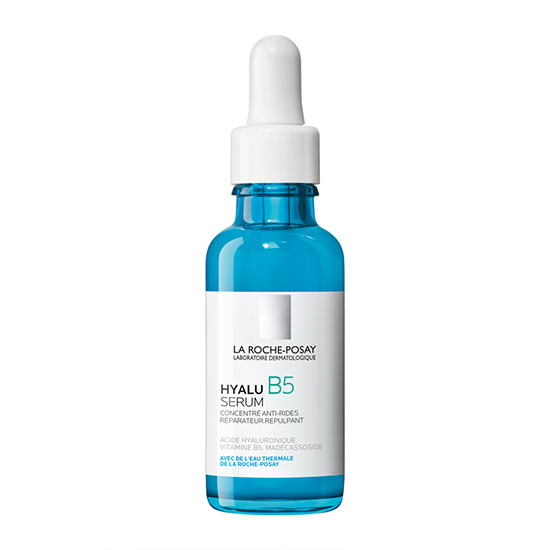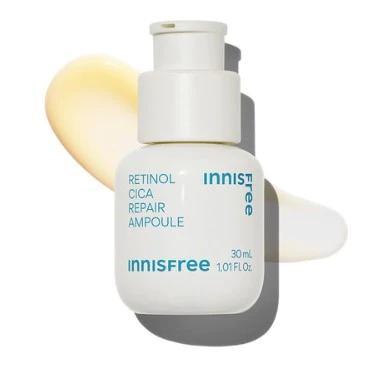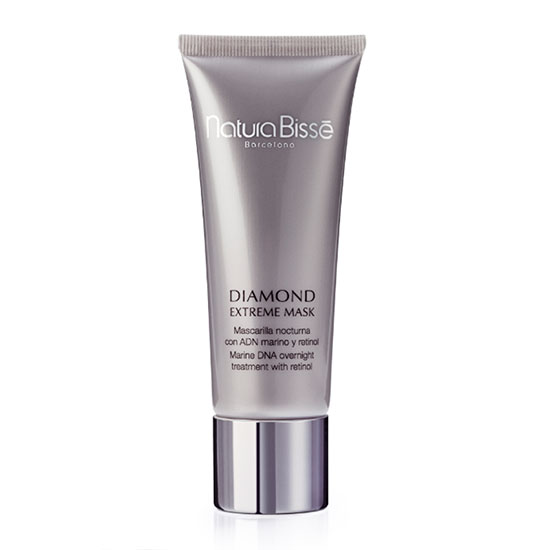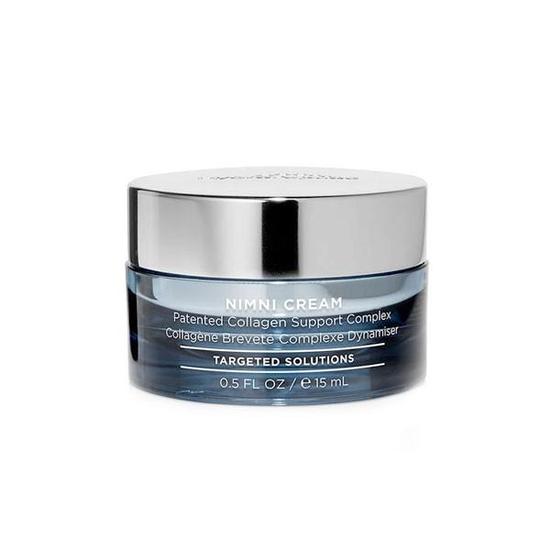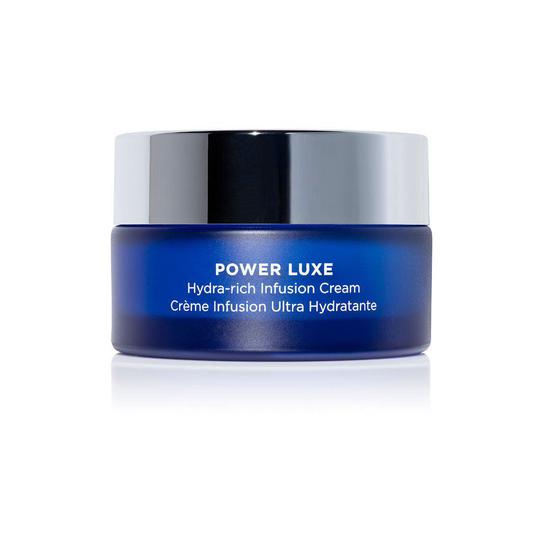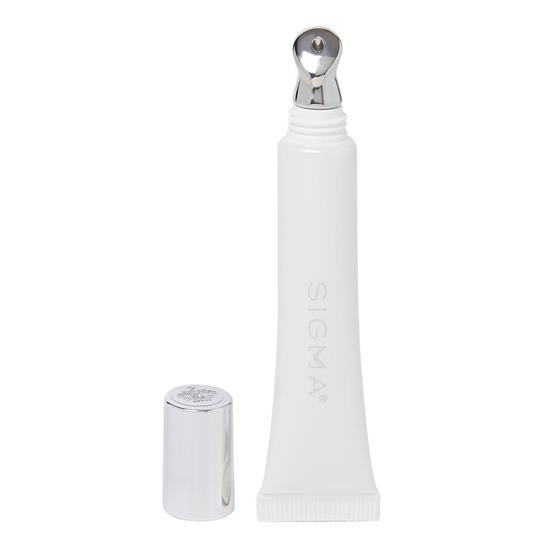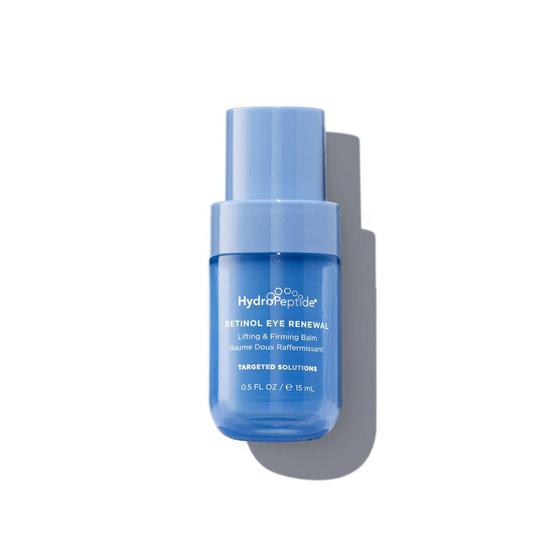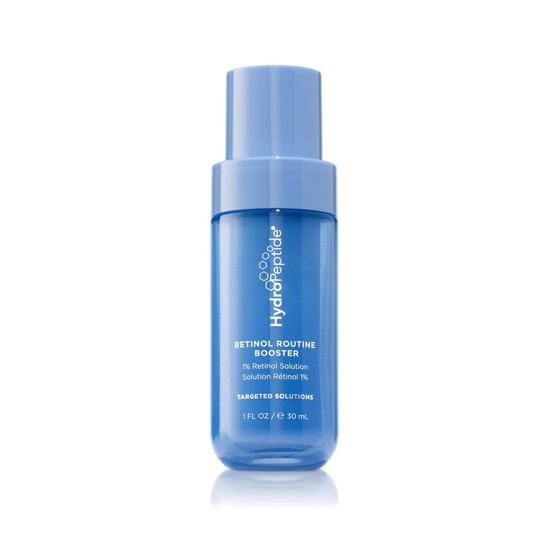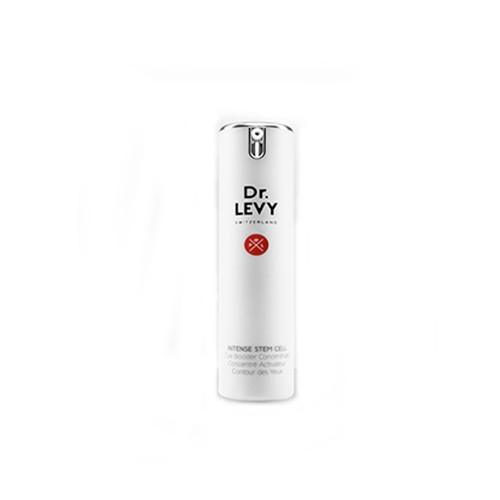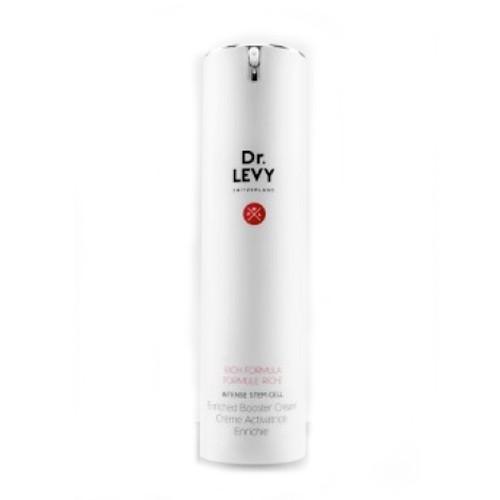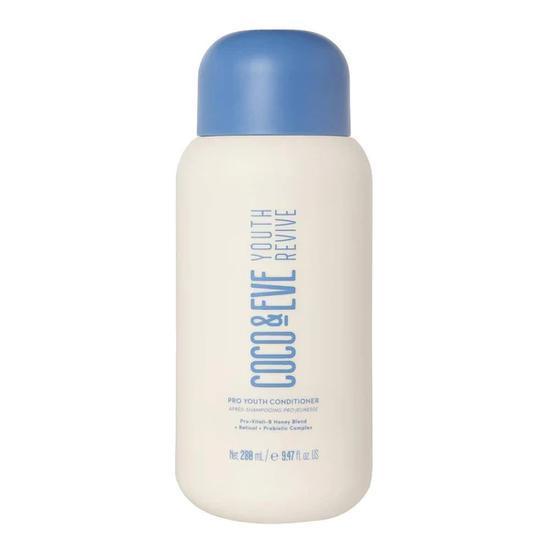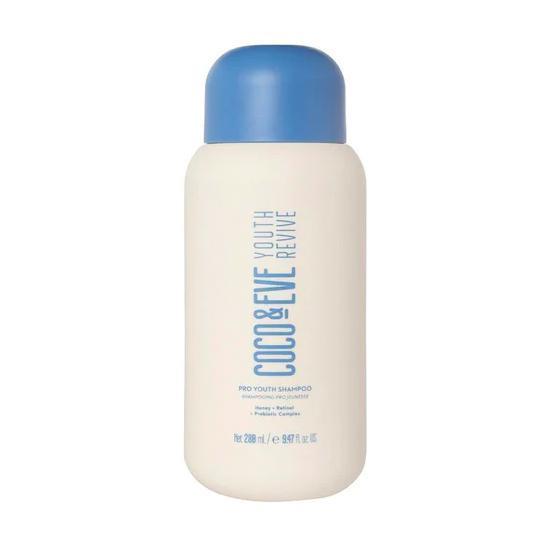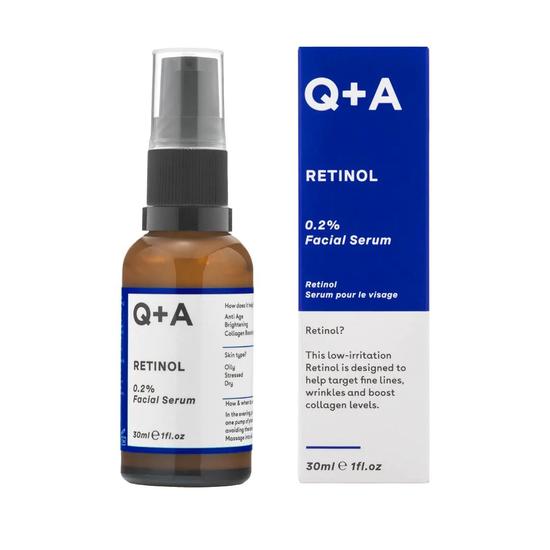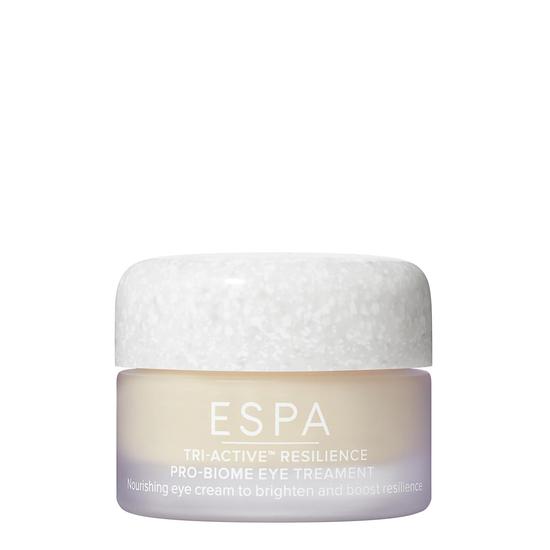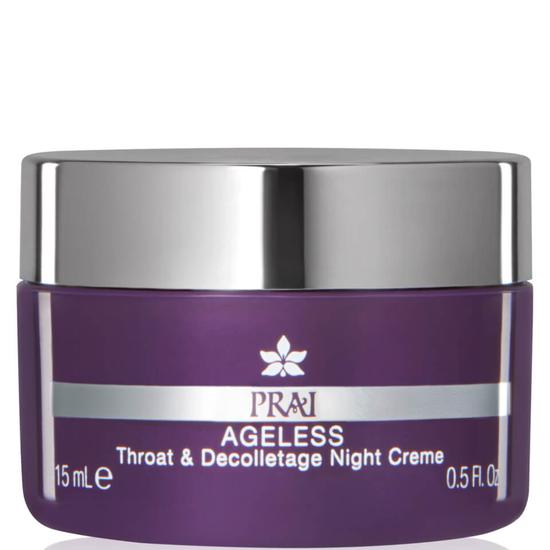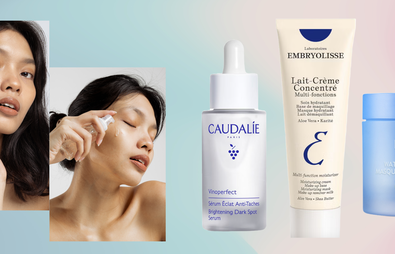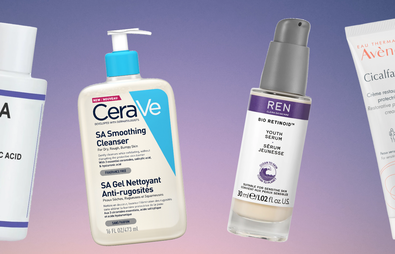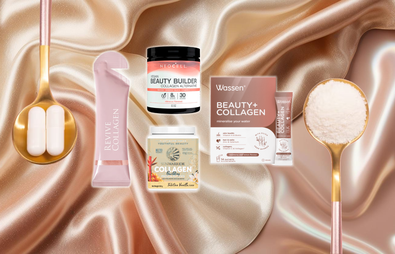
- Beauty Glossary
- Retinol
Retinol Skincare Products
A form of retinoid also known as vitamin A, retinol is a potent, effective, cell-communicating ingredient used in skincare products to particularly target and reduce wrinkles, fine lines, and acne. Don't miss out on our latest offers and discounts for effective anti-ageing solutions!
See our retinol guide to answer your questions like what is retinol and what are the skin care benefits of retinol.
Refine By
Brand
Fragrance
Skin Care
Makeup
Hair Care
Body Care
Wellbeing
Sunscreen & Self Tan
Men's Grooming
Nails
Sort By
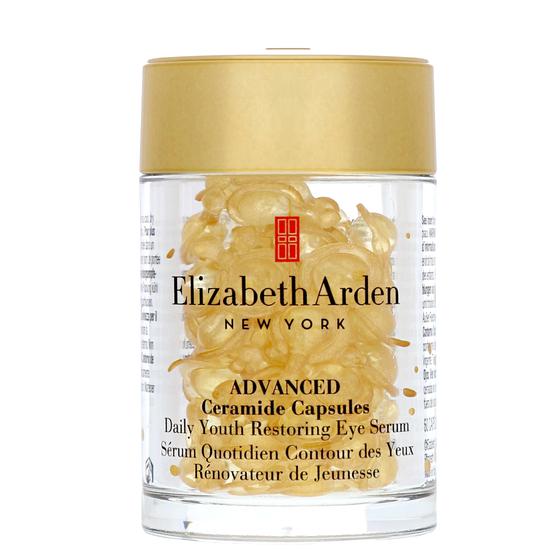

Frequently Asked Questions about Retinol products
What is retinol?
Retinol, also known as vitamin A, is the miracle-worker that can take your skin from zero to Hollywood-worthy if used regularly. Brimming with beautifying benefits, it works around the clock to minimise the appearance of fine lines and wrinkles, improve skin texture and reduce scarring and enlarged pores.
What are the skin care benefits of retinol?
Retinol works as a collagen-boosting, skin renewal agent that keeps your skin young and healthy. By using retinol, your fine lines and wrinkles will be visibly reduced (it's not a gimmick, there's living proof) and it can also be really useful for treating acne and reversing the effects of sun damage.
Who should use retinol beauty products?
Retinol is a great option for acne-prone complexions and those that want to tackle signs of ageing. It's recommended that you begin implementing retinol-based products into your skin care routine in your mid to late 20's. If you're a beginner, you'll want to start out with a low percentage (anywhere between 0.3-2%). If you're 30 and over then you should definitely consider using retinol creams and serums, especially if you're concerned about wrinkles. However, anyone can use it – even if you're under 30, it works as a brilliant deterrent. Prevention is better than cure, right?
What other ingredients/products go well with retinol?
Because retinol is photosensitive, it breaks down in sunlight and puts your skin at risk of sun damage when you're out and about. Pair your retinol solution with some decent SPF and you'll be ready to tackle the day ahead. Many also like pairing retinol with vitamin C which helps to revitalise and brighten.
How often should I be using retinol beauty products?
At first, use retinol once a week. Once your skin is used to the solution, use every day. If your skin peels, dilute the solution and lower your usage. Use it either in the morning or at night – depending on the form of your retinol – in order to benefit from significant anti-ageing results.
At what stage in my routine should I apply retinol beauty products?
Ideally, retinol should be used as part of your night time routine, after cleansing. Try to avoid mixing it with other exfoliating ingredients, such as glycolic, salicylic or lactic acid as this can cause irritation and dryness. If you apply retinol in the morning, make sure you follow up with a high-factor SPF moisturiser.
Are there any side effects of retinol beauty products?
Retinol isn't suitable for those who are pregnant or breastfeeding. In recent studies, high doses of vitamin A have shown to be harmful to unborn and newborn babies. It can also be quite drying, so pair it with your thickest moisturiser to lock in hydration.
If retinol is overused then it can cause redness, irritation, sensitivity and peeling of the skin, which is why it's important to choose a formula that suits your skin type and needs. Always start with a low percentage and apply it in small doses a couple of times a week. Once your skin becomes more tolerant, you can work your way up to more potent formulas.
Which skin type does retinol work best for?
Dry, combination, oily, normal and acne-prone skin types benefit from using retinol. It helps to speed up your skin cell renewal all while unclogging congested pores, exfoliating dead skin and fighting free radicals for a clearer, cleaner, smoother complexion. However, retinol is known to be drying and to cause peeling, so if you have dry skin and are thinking of using it, then be cautious of this.

Written by Carly Cochrane, Beauty Editor





